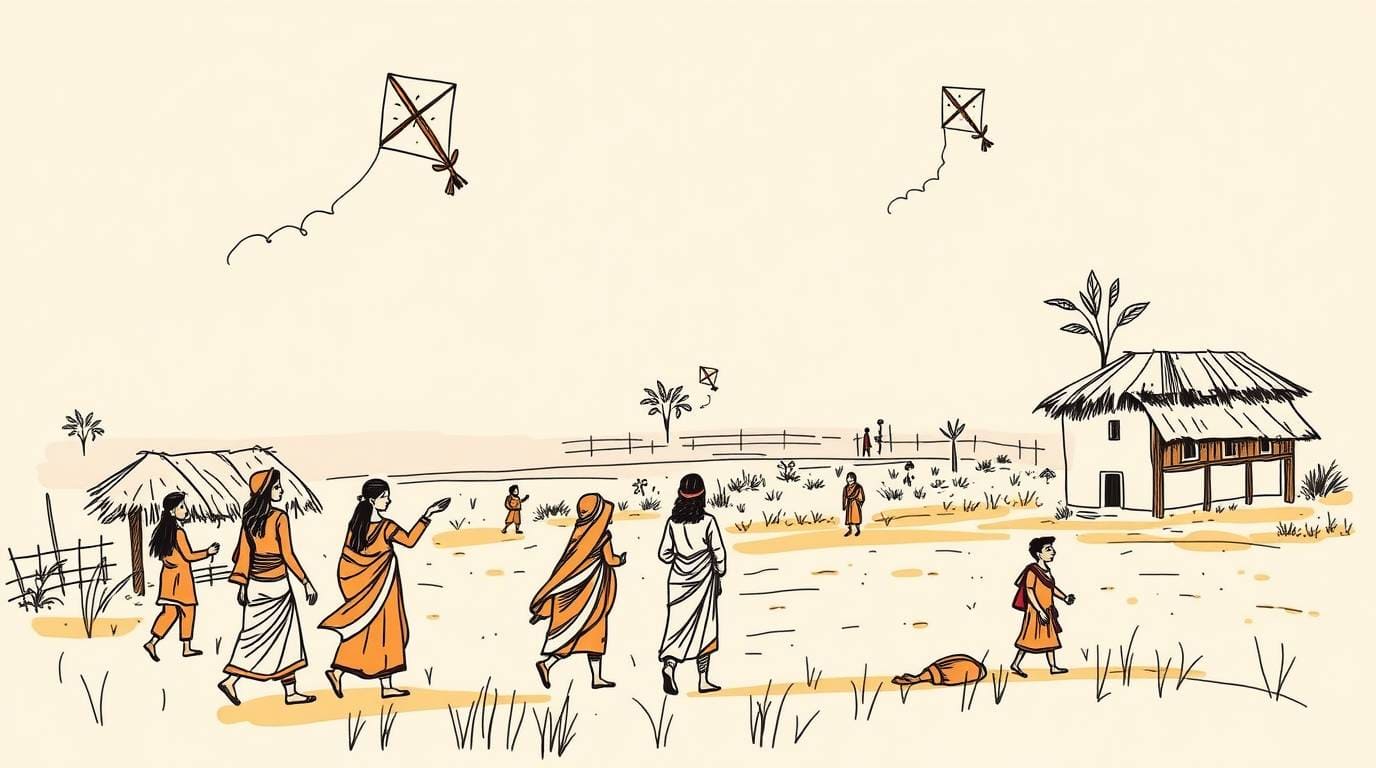Makar Sankranti, one of the most significant harvest festivals in India, is celebrated on January 14, 2025. This festival marks the transition of the Sun into the zodiac sign of Capricorn, signaling the beginning of the sun’s journey towards the northern hemisphere. Makar Sankranti has deep roots in ancient Indian traditions and is associated with agricultural cycles and the harvest season.
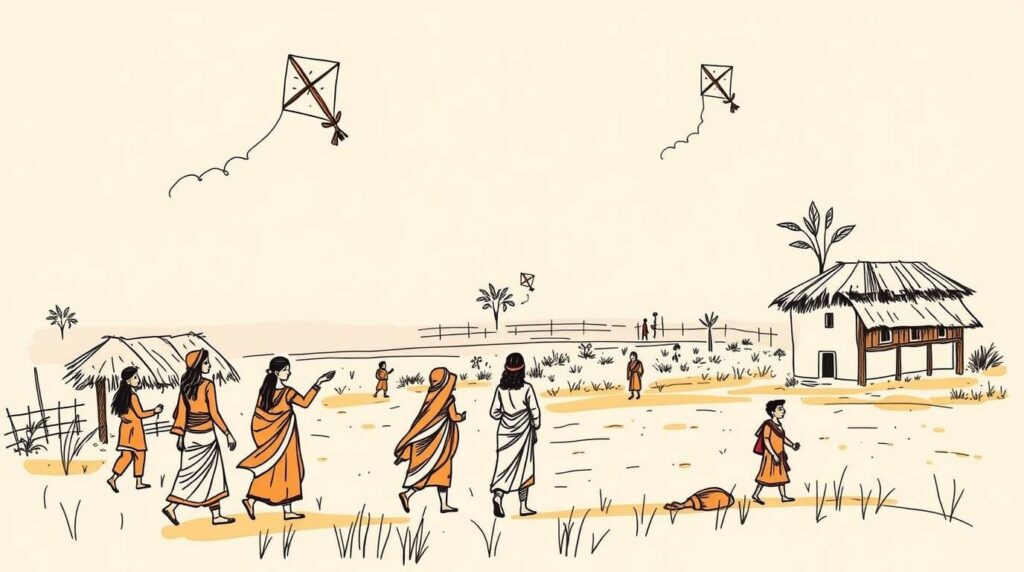
History and Significance:
The history of Makar Sankranti dates back to ancient times, with its origins linked to the Indus Valley Civilization. The festival is celebrated by thanking nature for the harvest and marking the beginning of the sun’s journey towards the northern hemisphere. It symbolizes new beginnings and hope, as the sun’s transition into Capricorn brings longer days and warmer temperatures.
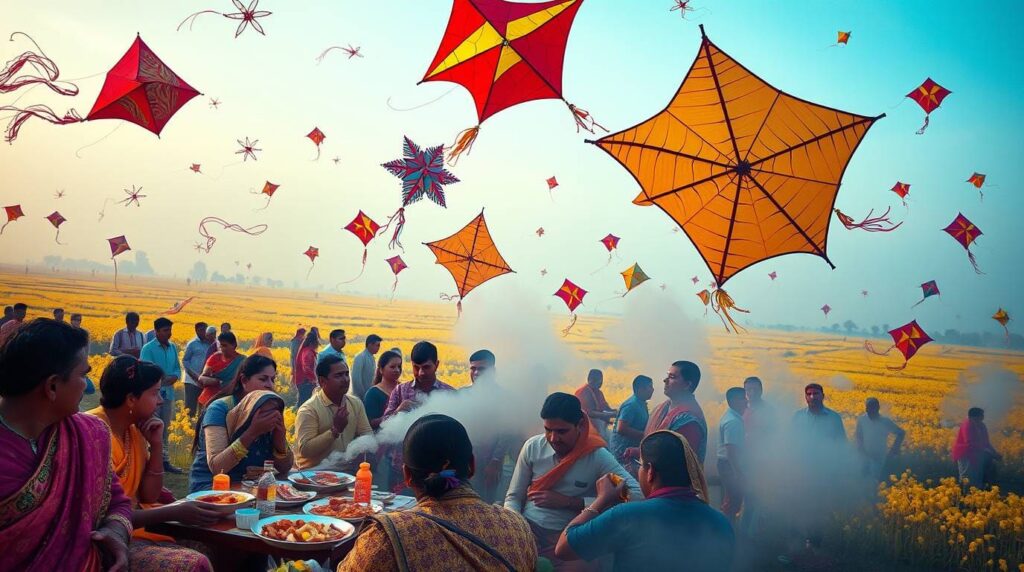
Story and Mythology:
According to Hindu mythology, Makar Sankranti is associated with the story of Lord Surya, the sun god, and his son Shani, the god of Saturn. The festival is also linked to the story of Bhishma Pitamah, a character from the epic Mahabharata, who chose to leave his mortal body on the day of Makar Sankranti.
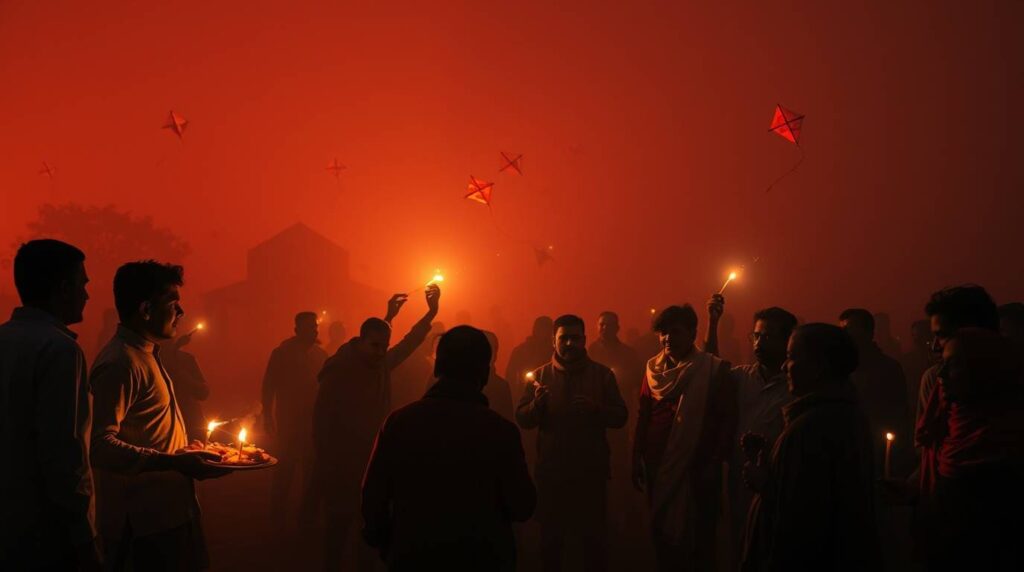
Celebrations and Rituals:
Makar Sankranti is celebrated with great fervor across India, with different regions having their unique customs and traditions. Some of the common rituals and celebrations include:
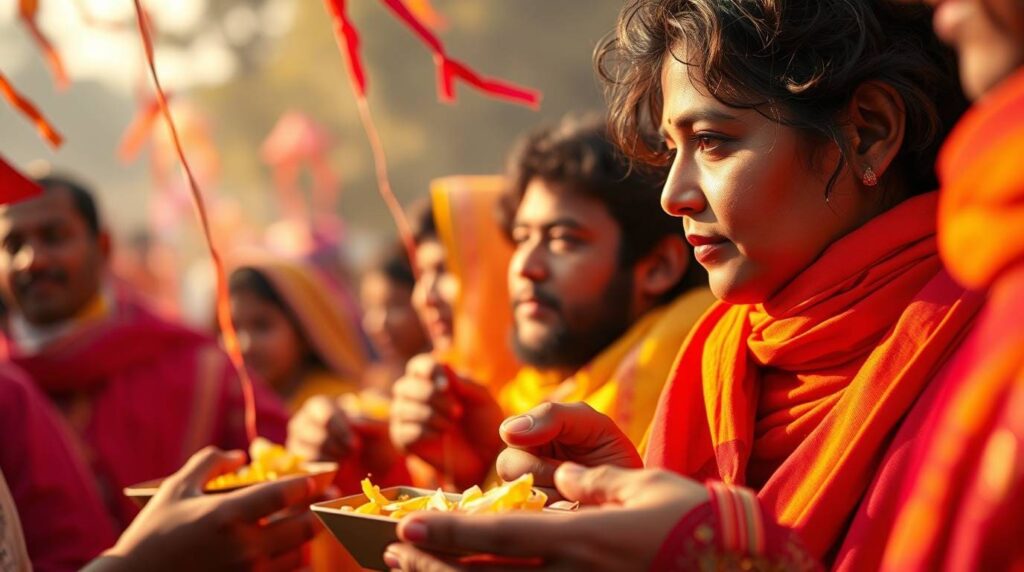
- Taking a dip in the holy rivers, such as the Ganges or the Yamuna
- Offering prayers to the sun god and other deities
- Distributing sweets and gifts to friends and family
- Flying kites and participating in other outdoor activities
- Preparing traditional dishes, such as khichdi and til laddu
Date and Time:
Makar Sankranti 2025 will be celebrated on January 14, 2025, with the exact timing varying depending on the location and time zone.
What are the traditional foods and sweets typically prepared during Makar Sankranti celebrations in different parts of India?
Makar Sankranti, a significant harvest festival in India, is celebrated with great fervor and enthusiasm across the country. The traditional foods and sweets prepared during this festival vary from region to region, reflecting the diverse culinary heritage of India.

In South India, particularly in Tamil Nadu, the traditional sweet dish prepared during Makar Sankranti is Sakkarai Pongal or sweet Pongal, made with rice, jaggery, cashew, and moong dal. Another popular sweet made during this festival is Til Chikki, a crunchy delight made with sesame seeds and jaggery.
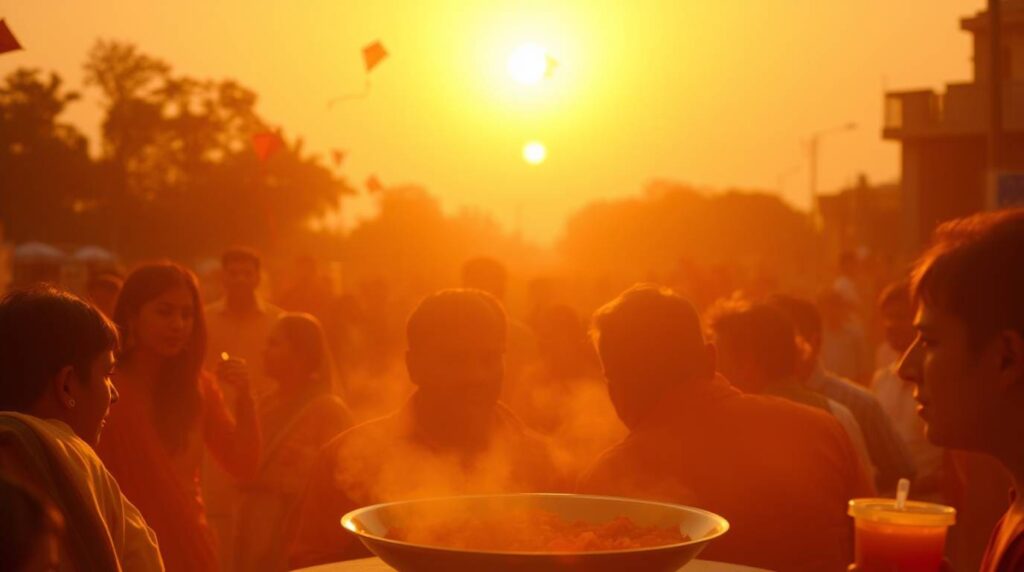
In Maharashtra, Til Laddu, also known as sesame seeds laddu sweetened with jaggery, is a must-have sweet during Makar Sankranti. In Bengal, the festival is celebrated with traditional sweets like Narkel Naru, Til Naru, and Gurer Sandesh.

In Assam, people celebrate Magh Bihu by making cakes of rice with various names such as Shunga Pitha, Til Pitha, and other sweets of coconut called Laru. In other parts of India, such as Gujarat and Rajasthan, traditional sweets like Undhiyu, a mixed vegetable dish, and Ghevar, a sweet dish made with flour, sugar, and ghee, are prepared during Makar Sankranti.
In Gujarat, the festival is celebrated with traditional sweets like Undhiyu, a mixed vegetable dish, and Ghevar, a sweet dish made with flour, sugar, and ghee. In Rajasthan, similar traditional sweets are prepared, showcasing the rich culinary diversity of the region.

In West Bengal, the festival is celebrated as Poush Sankranti, and traditional sweets like Patishapta, a type of crepe made with rice flour, jaggery, and coconut, are prepared. Another popular sweet made during this festival is Narkel Naru, a coconut-based sweet
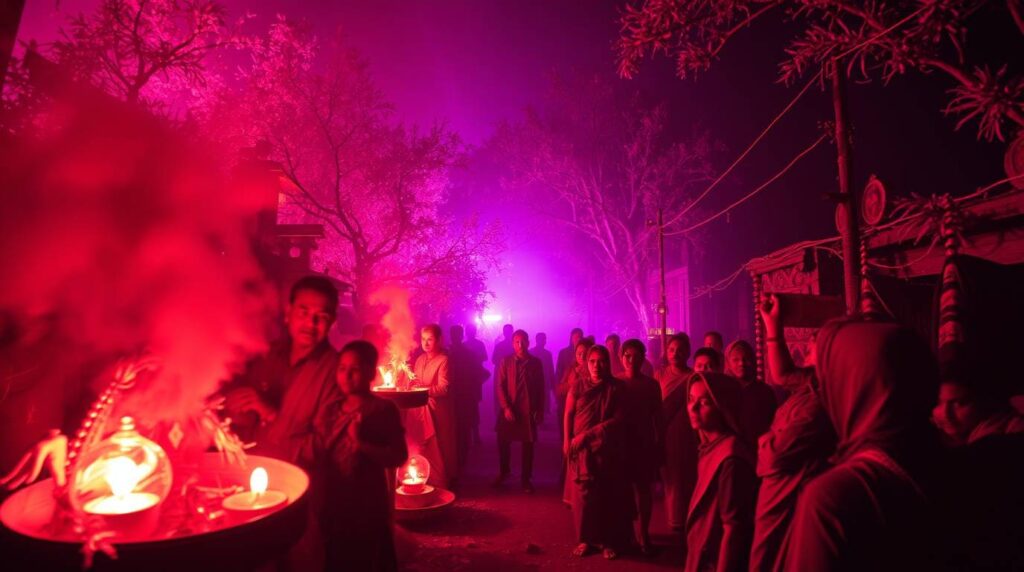
The traditional foods and sweets prepared during Makar Sankranti are not only delicious but also hold significant cultural and symbolic meaning. They are often made with ingredients like sesame seeds, jaggery, and rice, which are considered auspicious and are believed to bring good luck and prosperity.
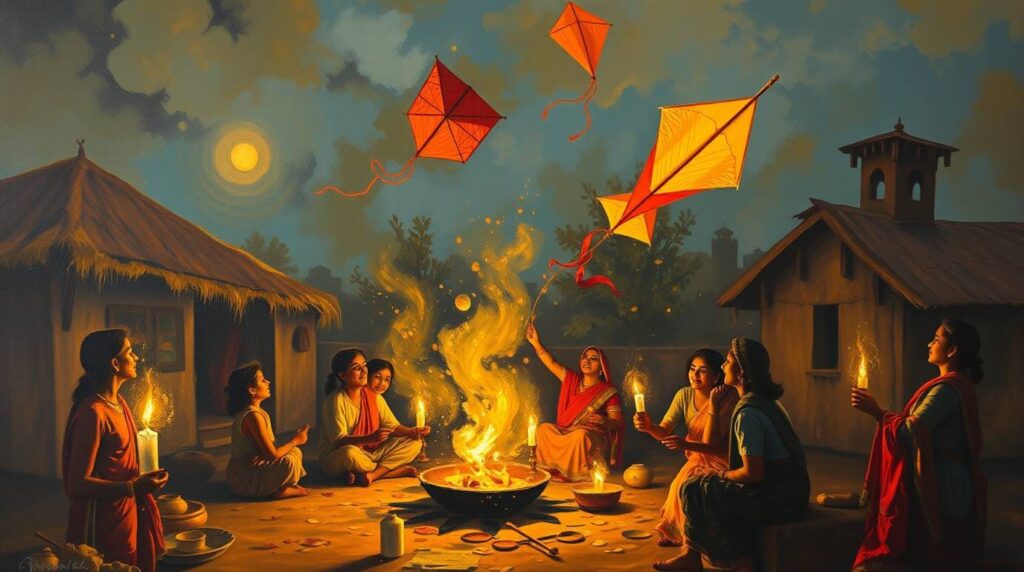
Overall, the traditional foods and sweets prepared during Makar Sankranti are an integral part of the festival’s celebrations, reflecting the rich cultural diversity and culinary heritage of India
In conclusion, Makar Sankranti is a significant harvest festival in India, rich in history, mythology, and cultural significance. As we approach the celebration of Makar Sankranti 2025, it is essential to understand the importance of this festival and its relevance in modern times.

